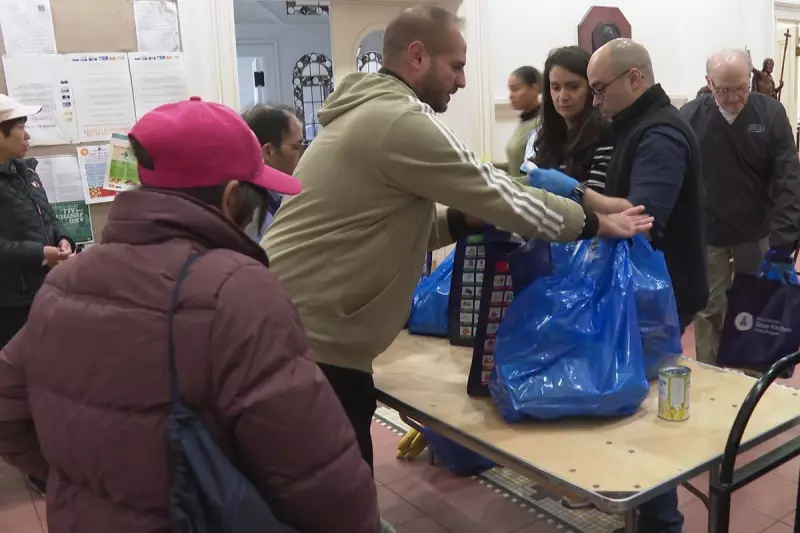
In a powerful display of historical reckoning, Native American community members have journeyed to Manhattan to confront Donald Trump during his ongoing criminal trial, creating an unprecedented intersection of contemporary politics and centuries-old grievances.
A Journey for Justice
Representatives from several indigenous nations, including the Navajo and Lakota communities, made the significant pilgrimage to New York City to personally witness the legal proceedings against the former president. For these families, the courtroom drama represents more than just another political spectacle—it embodies what they describe as ongoing struggles against historical oppression.
'This is about generations of trauma,' explained one community elder who wished to remain anonymous. 'We've seen how powerful figures operate with impunity throughout our history. Being here is about bearing witness to accountability, something our communities have rarely experienced.'
Historical Echoes in Modern Courtroom
The presence of indigenous observers adds a profound historical dimension to proceedings that have already captured global attention. These community members see parallels between their historical treatment and the allegations against Mr Trump, particularly regarding trust, accountability, and the consequences for those in power.
Several observers noted the symbolic significance of watching legal proceedings unfold against a former president in the same city where countless indigenous treaties were broken throughout American history.
Seeking Closure and Accountability
For many Native American families, the trial represents an opportunity to witness a form of justice that has often eluded their communities. The decision to travel thousands of miles underscores the deep personal significance this case holds for people whose ancestors experienced systematic displacement and treaty violations.
The courtroom attendance has become a form of peaceful protest and historical documentation. As one younger attendee noted: 'We're here because our ancestors can't be. We're watching what they never got to see—someone in power being held to account.'
This remarkable convergence of indigenous activism and high-profile legal proceedings highlights how historical wounds continue to shape contemporary political engagement across America.





